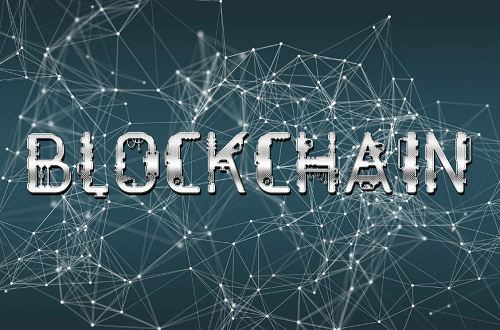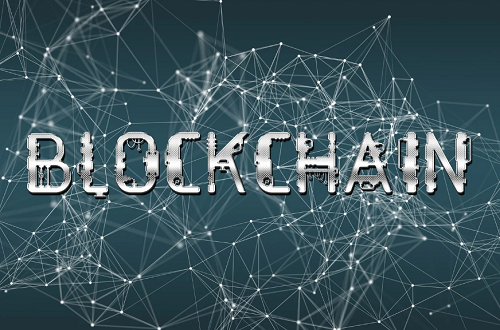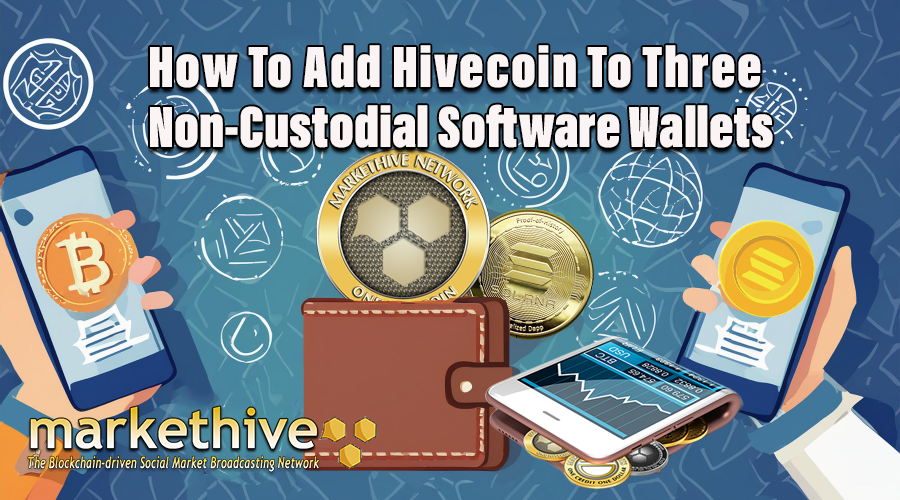


Image Source: Pixabay
Hackers exploit Chrome plugin to steal millions from Binance accounts
The promotional plugin steals cookies from users, which hackers use to bypass password and two-factor authentication verification and log into the victim’s Binance account.
A Chinese trader lost $1 million to a hacking scam using a promotional Google Chrome plugin called Aggr. The promotional plugin steals cookies from users, which hackers use to bypass password and two-factor authentication (2FA) verification and log into the victim’s Binance account.
A trader took to X to recount the ordeal of losing their life savings to an unexpected scam. The trader, who goes by the X username CryptoNakamao, said that on May 24, their Binance account started trading randomly, and they only realized this after opening the Binance app to check the Bitcoin price.
By the time he sought assistance from Binance, the hacker had already withdrawn all funds. Read More
Hong Kong Reveals 17 Crypto Trading Platform Applicants as New Regulations Take Effect
Hong Kong’s Securities and Futures Commission (SFC) introduced new regulations for virtual asset trading platforms (VATPs) effective June 1. These regulations mandate that all VATPs operating in or marketing to Hong Kong investors must be either licensed by the SFC or “deemed-to-be-licensed VATP applicants,” the regulator previously explained.
The new regulations aim to enhance investor protection and market integrity by mandating comprehensive applications, including management experience, industry qualifications, and external attestations. The rules include specific token admission criteria, anti-money laundering (AML) requirements, and prohibitions on proprietary trading. Additionally, platforms must have adequate insurance or compensation arrangements for custodial risks. Read More
Binance prepares for MiCA rules, updates stablecoin strategy
Binance will ease European users’ transition from unauthorized to regulated stablecoins with a “sell-only” strategy.
Binance will be toeing the line when Markets in Crypto-Assets Regulation (MiCA) rules of stablecoins (asset-referenced tokens) come into effect at the end of the month. The cryptocurrency exchange has alerted users in the European Economic Area to changes they can expect to their service.
MiCA creates uniform rules for crypto asset issuers that have not already been regulated in the European Union. In response, Binance is dividing stablecoins into “regulated” and unauthorized” coins according to their compliance with the new rules.
Binance will transition users gradually:
The exchange “aims to fulfill MiCA objectives smoothly by transitioning users from Unauthorized Stablecoins to Regulated Stablecoins over time, as more Regulated Stablecoins become available in the market.” Read More
How to store crypto assets in a self-custodial wallet
Discover the working pros, cons and step-by-step setup to gain control of your crypto assets via self-custodial wallets.
The cryptocurrency landscape is dynamic and characterized by frequent token releases. While some are familiar with popular cryptocurrencies like Bitcoin, Ether and Solana, numerous tokens continually emerge in the ecosystem. Those interested in holding cryptocurrencies have two main options: a centralized exchange (CEX) wallet or a private (self-custodial) wallet to store them, and both approaches have pros and cons.
This article will explain self-custodial wallets and share basic steps to set up a beginner Trust Wallet to take control of your crypto assets. Read More
How To Add Hivecoin To Three Non-Custodial Software Wallets

Understanding the Role of a Crypto Software Wallet:
A software or digital wallet is a powerful tool that simplifies and empowers your cryptocurrency experience. It's a handy app or site that securely stores your cryptocurrency keys, always at your fingertips, ready to be accessed anytime, anywhere with an internet connection.
This convenience puts you in the driver's seat of your digital assets, allowing you to manage them with ease and confidence. Importantly, non-custodial means you have complete control over your keys and funds, unlike custodial wallets, where a third party holds your keys.
Software wallets play a vital role in your cryptocurrency journey. They don't store your crypto; your coins are stored on the blockchain. Instead, they provide you with access to your passkeys, enabling you to transact with your digital currencies. This accessibility allows you to buy, sell, trade, or transfer crypto from your computer or mobile device without needing a physical device. Moreover, these software wallets are fortified with robust security measures, providing protection surpassing centralized exchanges.
Today, we’ll explore three non-custodial software wallets that allow you to list and transact with Hivecoin. Hivecoin is a crypto asset that is part of the Markethive community. It is instrumental in creating transactional activity within the community as we prepare to list Hivecoin (HVC) on crypto exchanges, where it will be available for free market trading. Read More
What are tokenized commodities?
Tokenized commodities, which include energy resources, agricultural products, precious metals and other tangible things, are digital representations of real-world assets.
These assets go through a process known as “tokenization,” in which their ownership rights are converted into blockchain-based cryptographic tokens. Partially owned and accessible, each token usually represents a portion or entirety of the underlying commodity.
Tokenization offers efficiency, divisibility and liquidity, transforming the asset ownership structure. An example of this would be the tokenization of a $10,000 gold bar into 10,000 tokens, which would allow investors to transact smaller units easily without the logistical burden of physical storage of gold or delivery. Read More
Coinbase Raises Fairshake Super PAC Fund by $25M to Push Crypto Legislation
Crypto exchange Coinbase (Nasdaq: COIN) published a blog post by its CEO Brian Armstrong on Monday titled “How to get regulatory clarity for crypto.” Armstrong explained that in pursuit of enhancing economic freedom through cryptocurrency adoption, Coinbase is “deeply engaged in policy efforts,” elaborating:
We’ve invested substantially in our policy efforts to-date and plan to continue investing over the coming decade as crypto rules take shape around the world.
The executive highlighted that around 52 million Americans, or 20% of the adult population, have owned cryptocurrency. He pointed out that these individuals span across various political ideologies and back pro-crypto candidates. Despite efforts by some congressional leaders to hinder the crypto industry, he emphasized that public support remains robust due to its perceived benefits. He also noted that this demographic is seeking alternatives to the existing bureaucratic system and is determined to influence the upcoming election. Read More
Who governs Ethereum? Galaxy report reveals all
A Galaxy Digital report reveals Ethereum’s decentralized governance avoids direct on-chain voting, detailing key stakeholder roles and transparency challenges.
Galaxy Digital has released a report showing that Ethereum’s decentralized governance is steered by off-chain voting rather than on-chain Ether (ETH) holder voting.
Christine Kim, vice president of Galaxy Digital’s research team, released the report on June 3. It reveals multiple stakeholders who hold the keys to Ethereum’s governance.
Speaking with Cointelegraph on the risks of not having direct on-chain voting by ETH holders, Kim said:
"The less Ethereum as a technology needs to rely on governance for value and sustainability, the better. The more Ethereum can ossify parts of its codebase, the less the network will be at risk of regulatory capture and centralization. The risks of Ethereum being governed by off-chain forums and processes are not unlike the risks that exist even with on-chain forms of governance. "
According to the report, the groups collaborating on the off-chain processes include client teams, validator node operators, the Ethereum Foundation (EF) and decentralized application (DApp) developers. Read More
Polygon Labs Acquires Toposware to Enhance Zero-Knowledge Tech Capabilities
On Tuesday, Polygon stated in a blog post that the acquisition of Toposware marks a significant advancement in zero-knowledge proof technology, particularly with the development of the Type 1 ZKEVM prover earlier this year. This integration will see Toposware’s team join forces with Polygon’s existing ZK teams, enhancing efforts on multiple fronts including the AggLayer, Polygon CDK, and ZKEVM.
The announcement detailed that the collaboration aims to improve scalability and security across blockchain technologies, fostering a more interoperable network. Polygon stated that Toposware’s contributions to zero-knowledge proofs have already demonstrated substantial cost benefits, with significant reductions in transactional costs for proving blocks on Ethereum. Read More
Disclaimer: These articles are provided for informational purposes only. They are not offered or intended to be used as legal, tax, investment, financial, or any other advice.